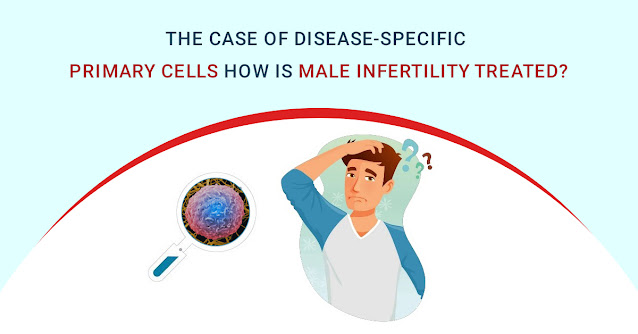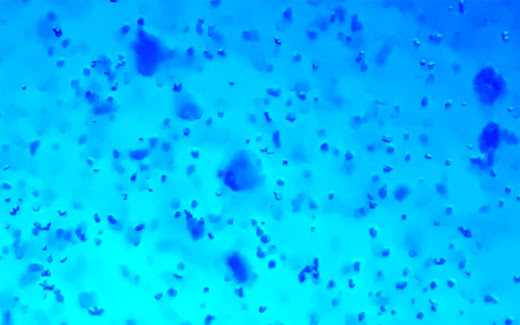The Case of Disease-Specific Primary Cells

Primary cells have also been used in life sciences research, and there is a high demand for these cells. The main advantages of primary cells over immortalised cells are their functional and genetic adherence. Primary cell information is comparable to physiologic significance because these cells lack the biological modifications that enable indefinite in vitro cultivation. However, primary cells pose difficulties. Their supply is constrained, they are difficult to obtain and isolate, they are intolerant of all but the most specific culture conditions, and they don't live long: Primary cells have a maximum of 15 to 20 passages, whereas immortalised cell lines live indefinitely. These issues, however, are usually manageable with meticulous optimization of culture methods, media, and other factors. Disease-Specific Primary Cells Primary cells require unique environmental and nutritional conditions due to their high level of specialisation in order to grow and maintain the pro...

